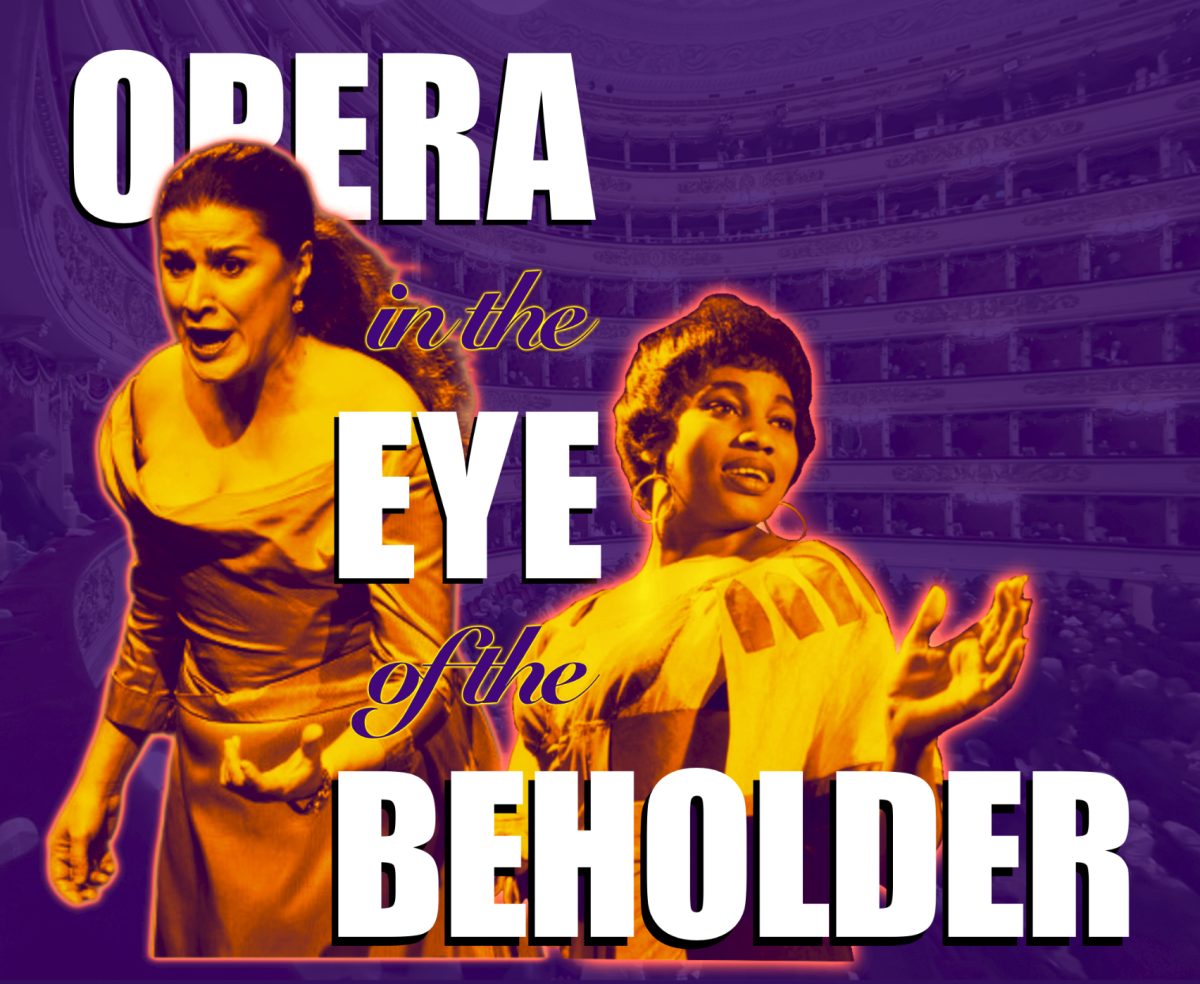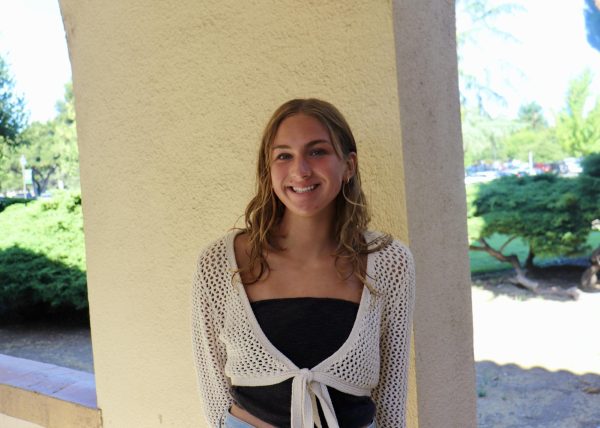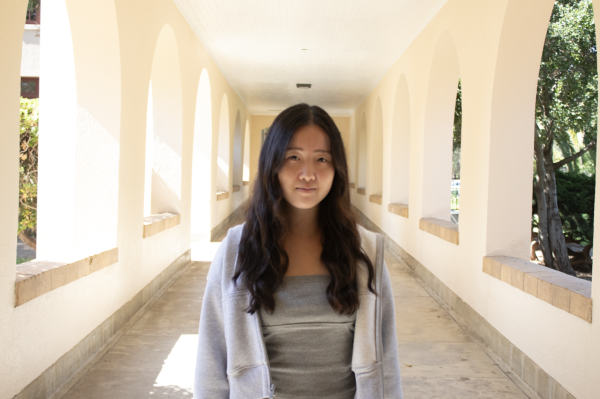With flashing lights, confetti dispersed in the air, thousands of people cheer as Taylor Swift finishes her hit song “Karma.” Juliet Frick, a freshman at Paly, was one of the estimated 68,500 fans who attended Taylor Swift’s “The Eras Tour ” in Santa Clara on July 28th.
For Frick and many others, the summer was filled with a variety of local concerts, from artists like Dominic Fike, who perform at smaller venues, to Taylor Swift performing at the extravagant Levi’s Stadium. With a varying price tag on each concert, many struggle with finding artists within their cost range.
Oftentimes, the price of a concert ticket can be a determining factor in whether or not somebody decides to buy tickets to the show. With rapid increases in ticket prices, many people–even the biggest music fans–now question if the concert is worth the price.
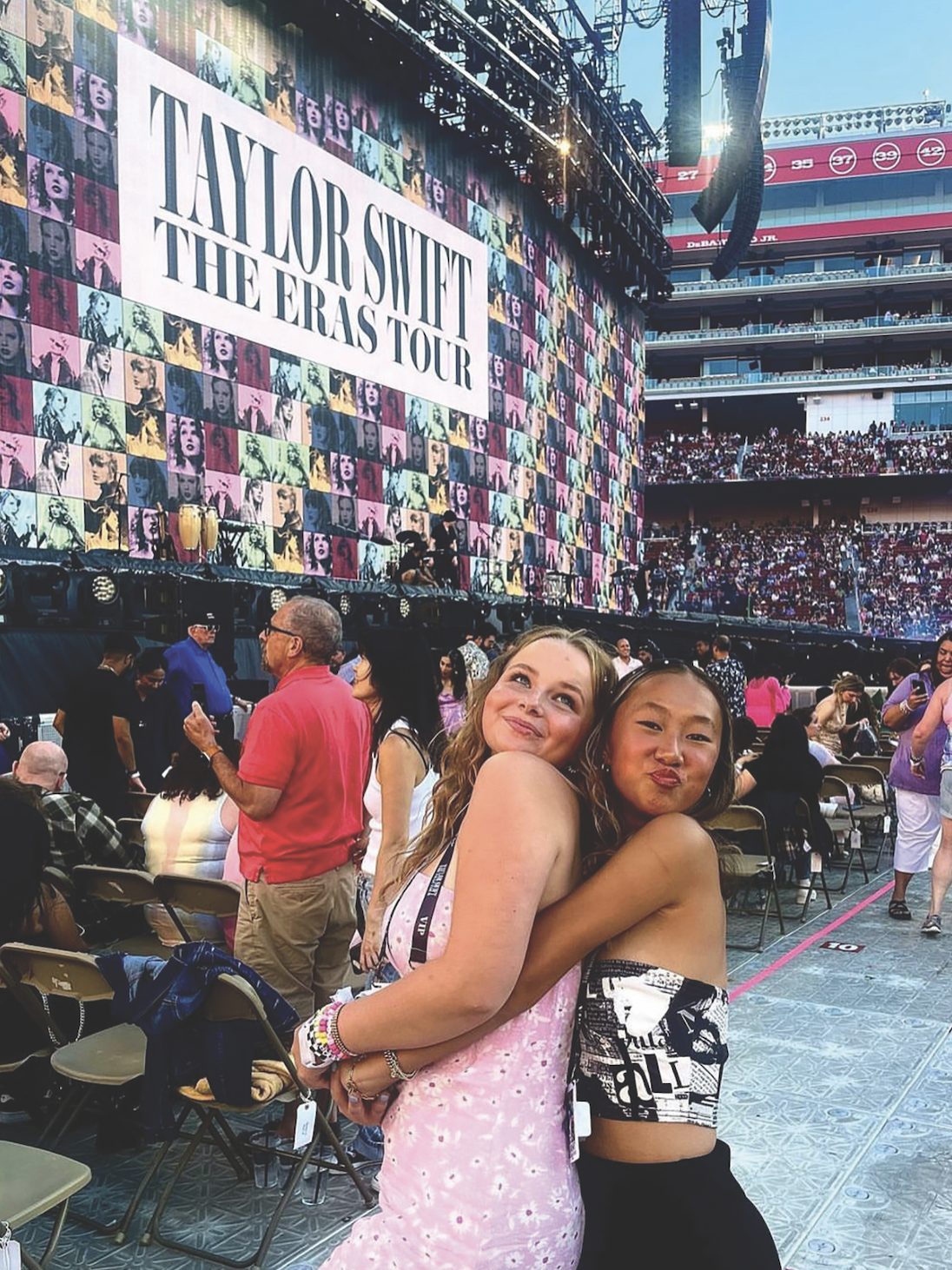
“It was worth it because I love her music, and it was a super unique experience,” Frick said when reflecting on her experience at “The Eras Tour” concert.
Yet, the performance itself wasn’t the only aspect that made the price worth it.
“Because of the [high] ticket prices everyone is a huge fan which makes it so much more fun and seeing all the outfits that people came up with was amazing,” Frick said.
The popularity of an artist is one of the biggest factors that contribute to concert ticket prices, so much that a seat located behind the stage will still be costly.
“[Swift] is a big artist, if not the biggest artist, so the demand for tickets is going to be higher and therefore they can be more expensive,” Grant Blackburn, an economics teacher at Paly, said. “But a big part of it [the increase in prices] is monopolies.”
A monopoly is when an individual or company has exclusive control over the supply or trade of the service. For example, Ticketmaster, the world’s largest ticket marketplace, was called a monopoly that “hinders competition and harms consumers” during a Senate Judiciary hearing, according to a New York Times article.
“Basically what that means is that the monopoly can charge higher prices, without fear of those consumers going someplace else because they can’t really go anywhere else,” Blackburn said.
This was the case for many “Swifties,” the nickname for Swift’s fandom, when tickets for “The Eras Tour” began.
“While we were trying to get the tickets to the concert we had to go through Ticketmaster,” Frick said. “My mom waited for hours but then Ticketmaster glitched and we ended up not getting tickets originally.”
This technical error was not an original experience, many fans were unable to buy tickets in the initial sale, leaving them to resort to resold tickets.
“[Reselling tickets] makes it a lot harder for people who just want to buy a reasonable ticket at a reasonable price,” Blackburn said.
When many people want to attend the concert, resellers can charge high prices for the originally affordable tickets they bought,
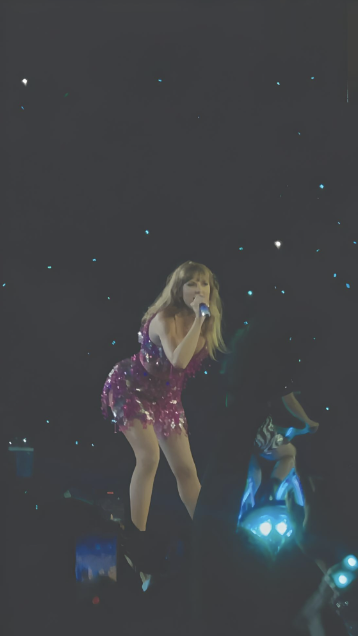
simply because they were able to get in the queue faster.
According to Business Insider, the average price of a resale ticket for “The Eras Tour” was $3,801 compared to the original lowest price of $49.
Ticketmaster is one of the major sites for ticket sales, meaning many Taylor Swift fans paid much higher prices than they would have typically had to pay.
“I think Ticketmaster has a bad system and a lot of fans didn’t end up getting to go to the concert because by the time Ticketmaster fixed its glitch,” Frick said. “All the seats were sold out or unaffordable which is really disappointing especially for people who have never got to see her before.”
In addition to monopolies taking advantage of buyers, many artists’ urgency for profits also contribute. Often, income from streaming platforms alone is not enough to get food on their table.
According to Next Gen Personal Finance, the streaming platform Spotify pays artists three thousandths of a dollar to five thousandths of a dollar per stream on average, meaning the average artist gets three thousand to five thousand dollars for a million streams.
As a result, many musicians try to compensate by relying on the revenue earned from touring, and the promoters, who determine the face-value ticket prices, may set it as an overpriced value.
Popular mainstream musicians often book larger venues. Yet, smaller venues, like the Guild Theatre, have more freedom to make business decisions and do not rely on monopolies to set concert ticket prices.
“Ticket price is generally set by the performing artist and their management/agent, in conjunction with the venue. The amount needs to cover the costs of producing the show and paying the talent,” Tom Bailey, the general manager of the Guild Theatre, said.
Due to the Guild Theatre being a smaller performance venue, they are able to set their own prices without going through larger companies. Tickets for Guild Theatre performances can instead be purchased directly through the app TIXR at face value.
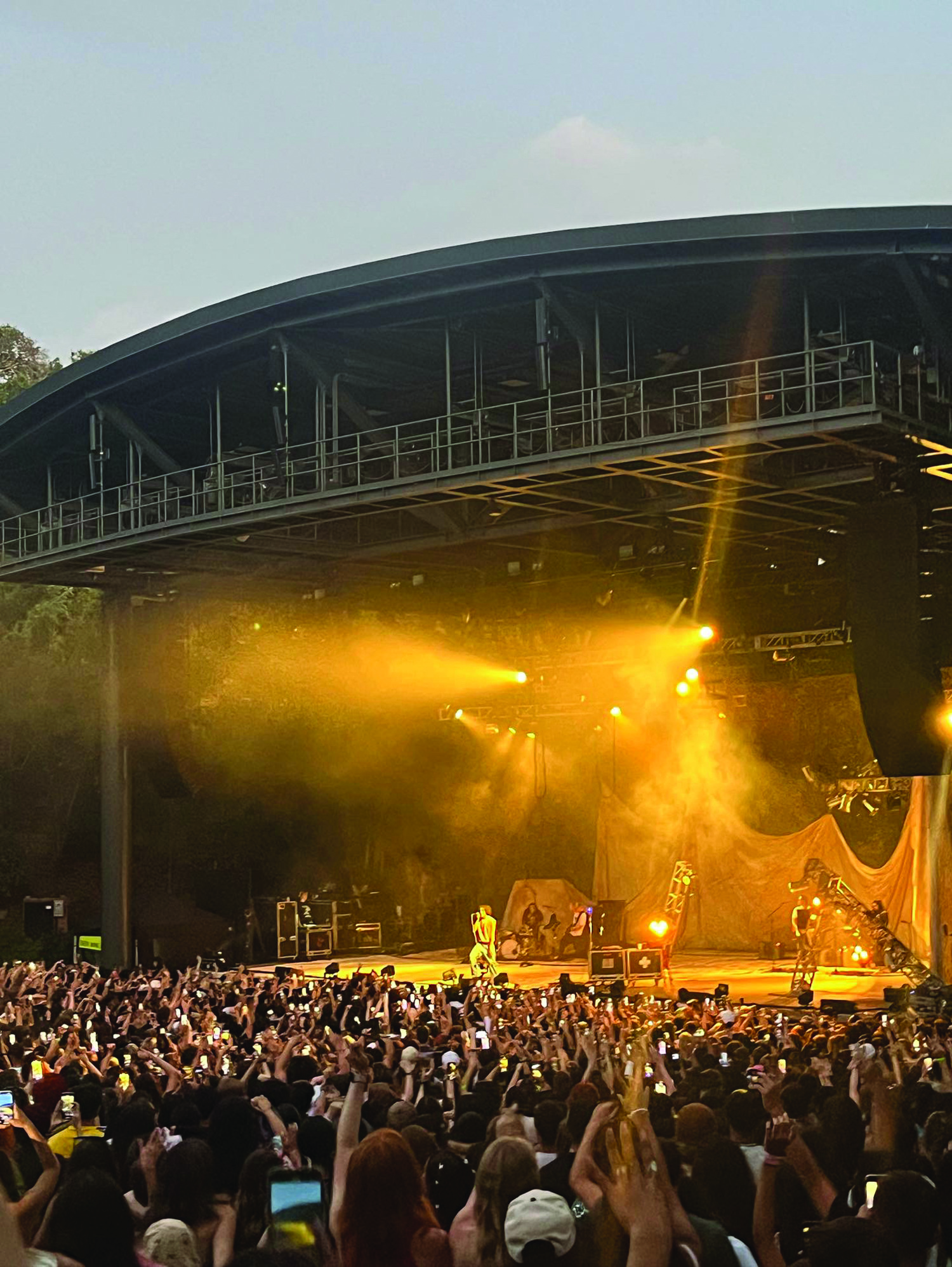
“Unlike so many venues on the Ticketmaster or AXS platforms, we use an independent company that does not actively participate in reselling their own tickets for their own profit,” Bailey said.
Since smaller venues like the Guild Theatre have less seats available, their ticket selling platforms have a smaller stock, meaning there is no resale frenzy around getting them.
“We want fans to buy tickets and come to our shows,” Bailey said. “ We seem to be off the radar of most ticket resellers, probably because we sell, for example, about 1/25th the number of tickets for one of our shows as does a “reseller market” show like at Shoreline Amphitheatre,” Bailey said.
However, the vibrant and memorable atmosphere that a concert provides overrides any price paid.
“[A smaller concert is] still an amazing experience, just very different,” Frick said. “Overall both [types of concerts] are unforgettable experiences.”




